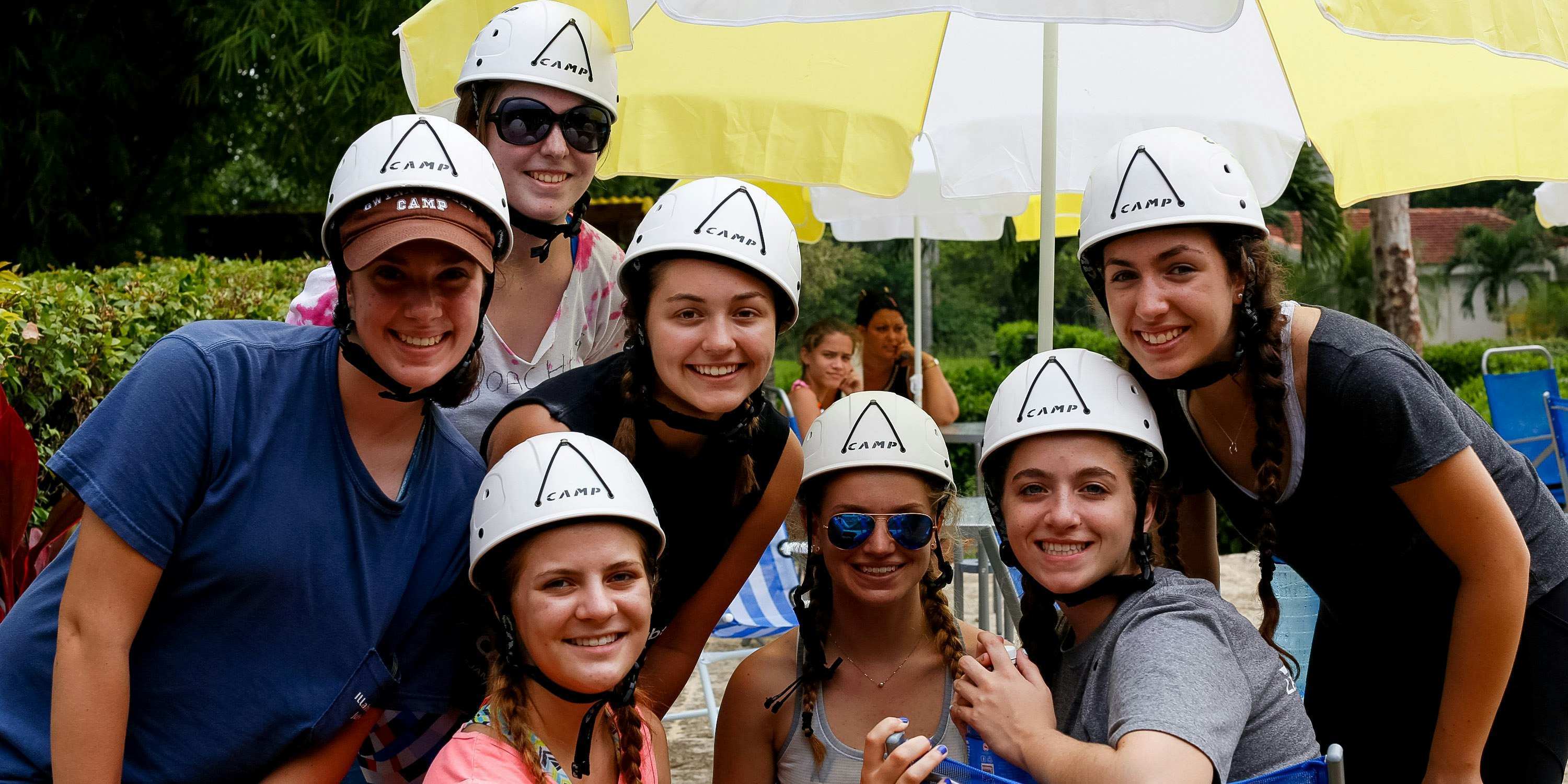- Author:
- Brent Watkins
- Published:
- October 29, 2013
- Favorites:
- Tagged In:
- School Group Travel Student Travel Group Travel
When I wake up each morning, I’m consumed by a seemingly simple question:
How can I best prepare our generation of students to address the emerging global issues that will define the next half-century?
The problem is, as I reflect on this, I come upon an even more vexing question:
Is the current education system we have even sufficient?
After spending a decade working to redefine the effectiveness of public education in the United States to actively address this question, my answer is that global experiences, not classroom instruction, are what actively develop the habits and mindsets students need for success in today’s world.
This answer led me to join Rustic Pathways as Director of Global Programming. For me, being part of the Rustic Pathways team is about helping to redefine the agency that teachers have in developing students’ enduring habits of mind. I’m convinced that focused and meaningful travel is an outstanding way to do this, and I believe Rustic Pathways does this better than any organization I’ve been a part of.
Before coming to Rustic Pathways, I spent time as a classroom teacher in a struggling school in East Baltimore and later went on to manage a team of people who trained new teachers at Teach For America, a national education reform non-profit. In addition to my current work as Director of Global Programming, I’m also on the adjunct faculty at the Johns Hopkins Graduate School of Education, where I teach graduate courses for non-traditional teachers.
As a teacher, I learned what really matters for students to be successful. My most successful students didn’t always have the best grades, but they did master the ability to learn from failure and quickly adapt. In short, they learned to fail gracefully. As a result, they developed enduring habits of mind like persistence and pursuit of continuous learning.
These students were also intrinsically driven by curiosity and had a passion for learning from every experience. They were not only passionate about learning, but they honed their ability to learn from every experience in their daily lives. As a result, they developed flexible thinking by applying their knowledge across a wide variety of disciplines.
Moreover, my most successful students thought and acted globally. Realizing that they were no longer simply competing with their domestic peers, they valued learning from others who didn’t necessarily share their background. As a result, they developed the ability to form relationships across lines of difference and they refined their ability to manage a diversity of opinions.
As I observed and worked with my students, I became convinced that students develop these skills and learn to think globally not by sitting in the classroom, but by having global experiences. Global experiences allow students to:
- Examine critical issues firsthand
- Form meaningful personal connections with people who lead different lives, and
- Push their personal boundaries
Students develop these skills through travel.
Through travel, students have a very unique opportunity to experience and reflect in a way that parallels how real global issues are tackled. For example, when we take students into remote villages in Burma and Laos and allow them to interview village elders, we pair this with a debrief that allows students to make meaning of what they’ve experienced.
Our programs are purposefully designed to promote deep reflection on personal growth and engagement with global issues. This, in part, is what distinguishes a Rustic Pathways experience from any other travel experience.
I’m excited to be part of this team, and I’m looking forward to what we accomplish with educators whose classes travel with us as we further enable our program leaders to facilitate this type of meaningful reflection and engagement among students.
Visit Rustic Pathways Group Travel for more information about providing culturally immersive travel experiences for your students, email groups@rusticpathways.com, or call 440.975.9691.
Brent Watkins
Vice President of Program Operations
Brent first joined Rustic Pathways as a Program Leader in 2007. He earned a master’s in teaching from Johns Hopkins University where he is on the adjunct faculty at the Graduate School of Education. Before returning to Rustic, Brent managed training and preparation of new classroom teachers for Teach For America-Baltimore. With extensive experience in learning development and teacher training, Brent ensures the highest level of quality across our programming.
